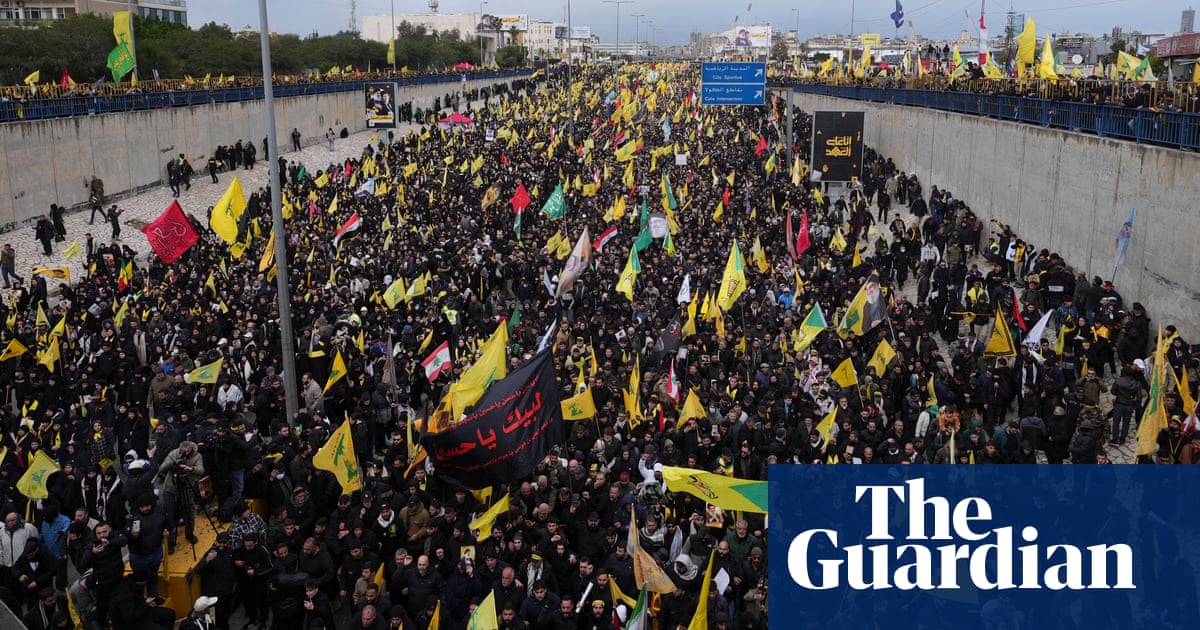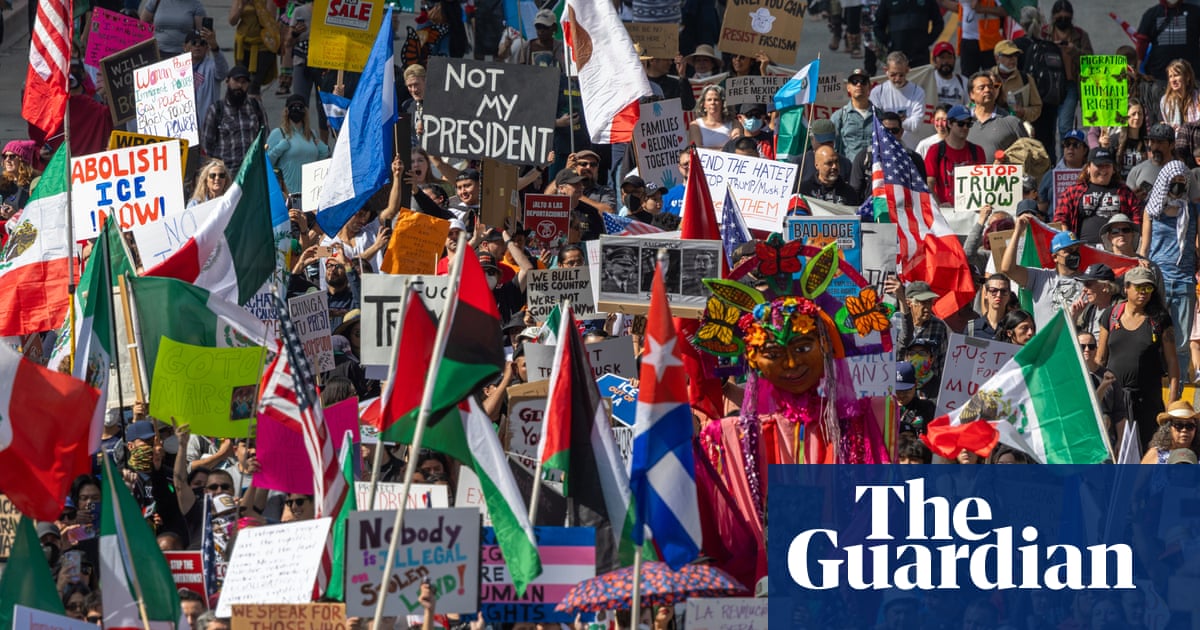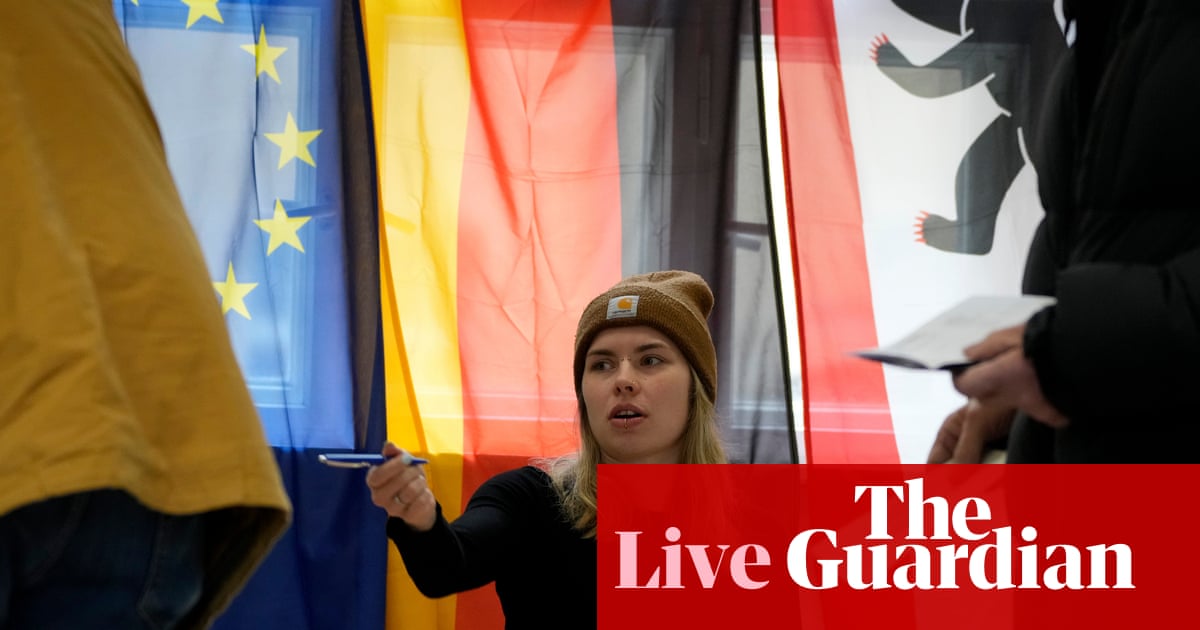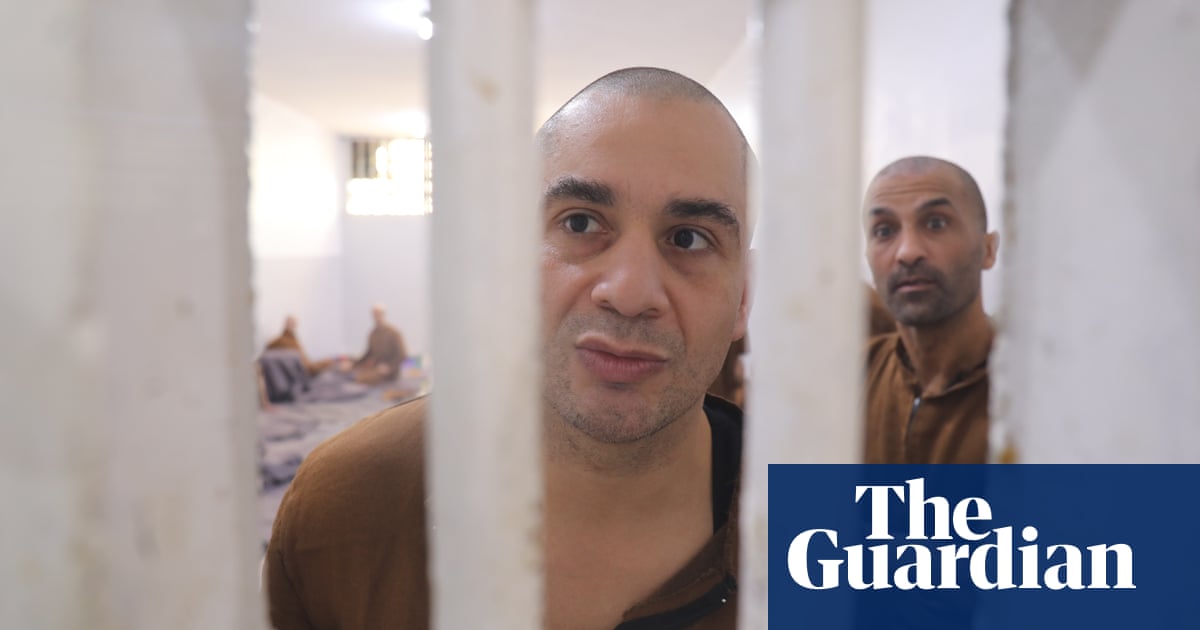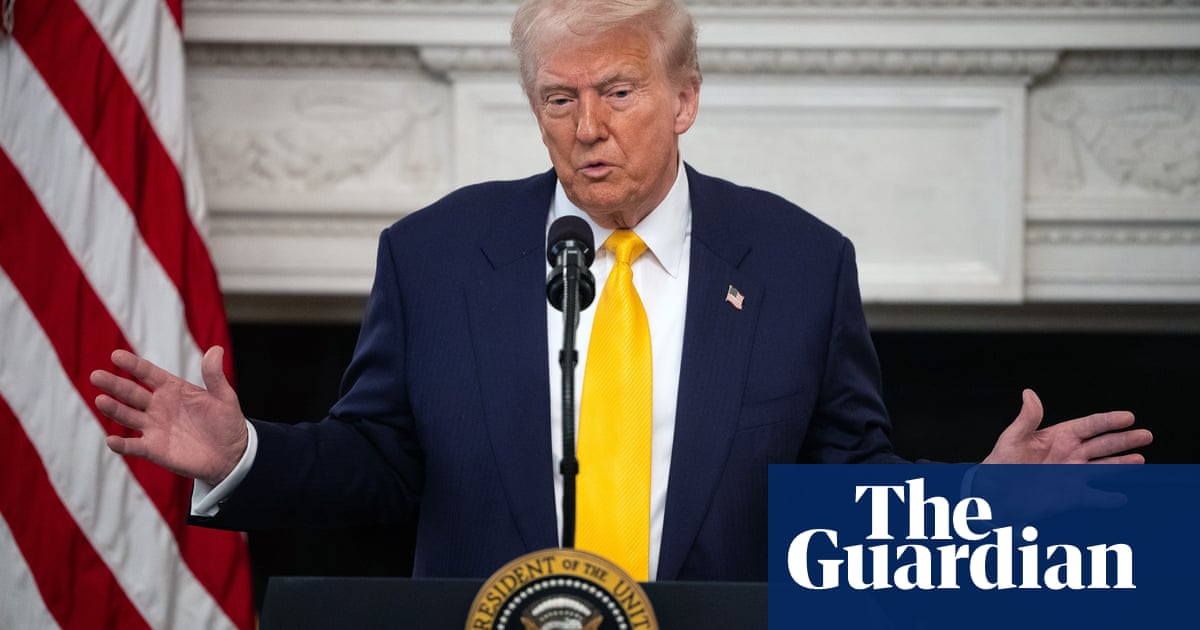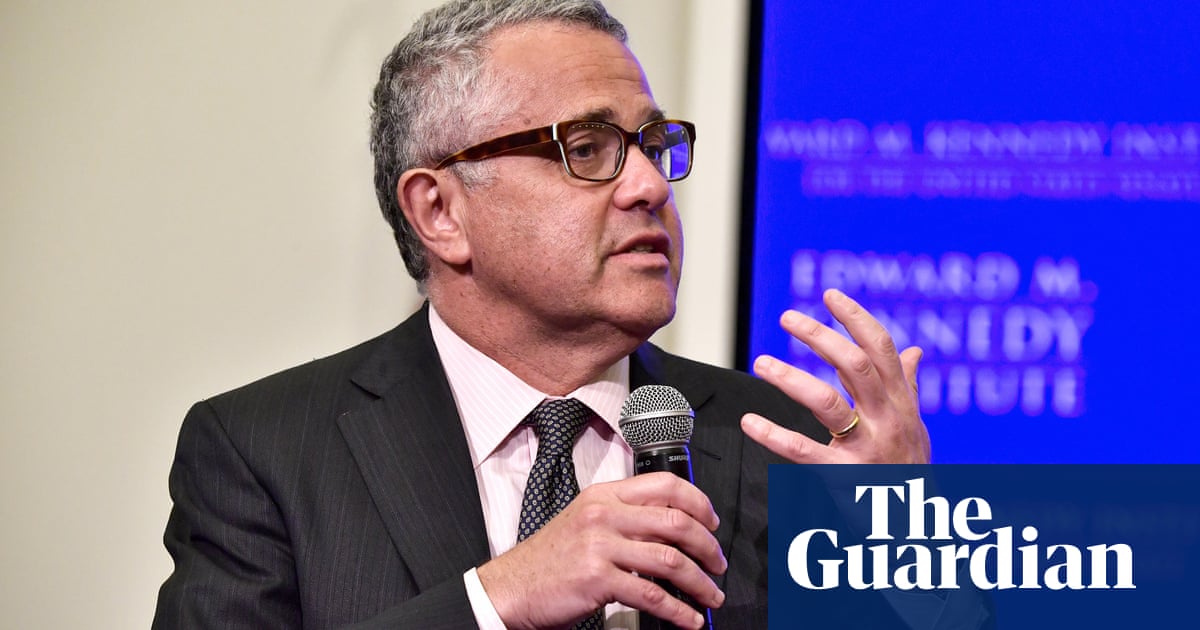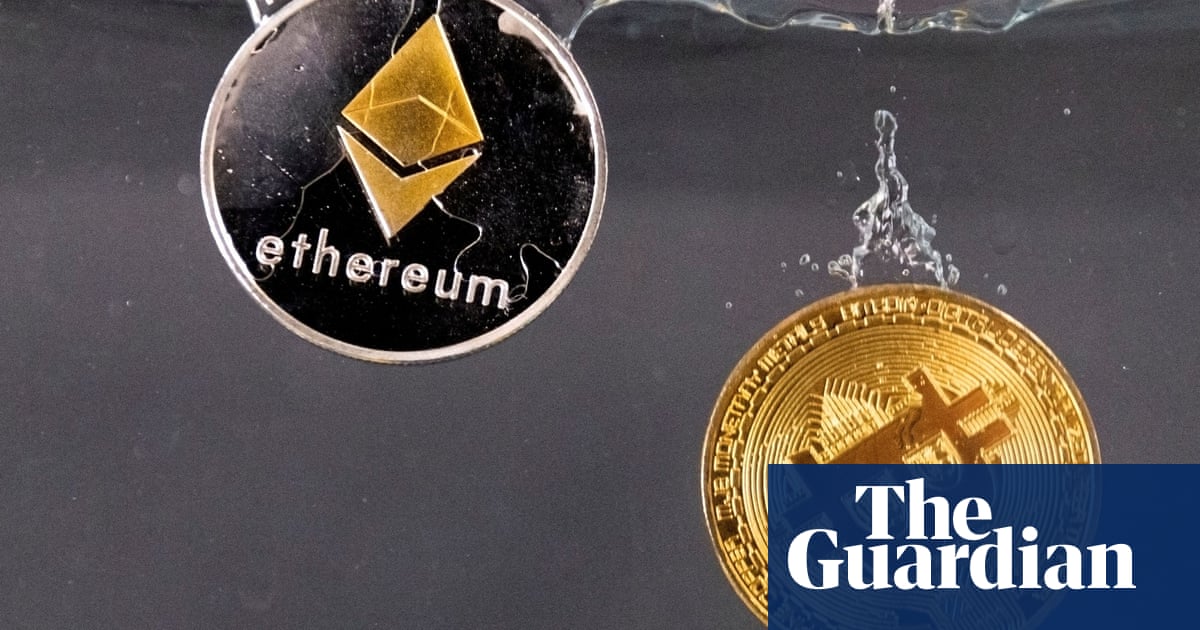Five defeats in a row. Three defeats in a row in the Premier League. A 52-game unbeaten home record shattered. An eight-point gap to the leaders. Pep Guardiola’s joint-biggest home defeat – and to Tottenham, whose previous game was a home defeat to Ipswich. For empires, the end comes first gradually and then all at once and, while Guardiola is genius enough and Manchester City are rich enough that nobody should be writing them off just yet, there is a sense that parameters have shifted, that this is not the league we thought we knew. Jürgen Klopp must be wondering whether he went a year too soon.
Since this is City, the tendency is to find explanations, to pre-suppose a return to the status quo. It’s true they tend to stutter in the late autumn. It’s true even that Guardiola’s record against Tottenham is improbably bad; in his managerial career he has lost against Spurs nine times, more than against any other club. It’s true that amid a raft of injuries and general fatigue, they’re without both the Ballon d’Or winner Rodri and the nearest thing they have to a replacement, Mateo Kovacic. And it’s also true that they could easily have won any of those recent five games: even on Saturday, although they lost the xG 2.5-2.1, they had 23 shots to Tottenham’s nine and could have won quite comfortably through Erling Haaland shots alone.
And yet something is different. According to Opta, City have had the third-easiest run of fixtures of any club from the start of this Premier League season, yet if they lose at Anfield next week (and Liverpool are the side Guardiola has lost to second-most often) they will be 11 points behind the leaders. The aura has gone; opponents are sensing blood in the water. This is like Chelsea in 2015-16, or Manchester United under David Moyes, or Liverpool in the early 1990s. Sides no longer face them seeking merely to avoid embarrassment; they believe there is a chance of a notable result.
That changes the mindset. On Saturday Tottenham knew, just as Brighton had known two weeks earlier, that if they could weather the early onslaught there were chances to be had. City are still more than capable of spells of exceptional football, but there is a vulnerability about them now.
Guardiola sides have always been susceptible to balls played in behind them. Play with a line that high and it’s almost inevitable that if things go wrong it will be in that way. All four Spurs goals came in transition: three counters from inside their own half and a misplaced pass from Josko Gvardiol. But the question is why, suddenly, the issue is so glaring. Rodri’s absence is part of that. He protects the space in front of the defensive line better than nearly everyone in the history of the game; it would be almost impossible not to miss him, particularly with Kovacic probably out for another three to four weeks.
But other players are out of form or out of sorts. There is a pervasive sense of weariness. At 34, Kyle Walker’s pace seems suddenly to have deserted him. Ilkay Gündogan, Kevin De Bruyne and Bernardo Silva look old. Phil Foden and John Stones have not been right since returning after the Euros. Haaland is missing chances (but is still the league’s top scorer). As Guardiola hinted on Saturday, perhaps a little hunger has gone. And football, as Arrigo Sacchi said, is multiplicative: a player playing well improves those around him; a player playing badly drags them down. Problems beget problems.
City remain second in the table. In that regard, this is not like José Mourinho’s final months at Chelsea. Nor was Guardiola ever likely to be sacked. That he has signed a new contract, though, is intriguing. Quite apart from anything else, for the neutral there is the fascination of watching him trying to put this right. If he feels the squad needs refreshing, the budget is there – although it may be that with the Premier League case against City ongoing, prospective signings are cautious about committing to a club that could face a range of sanctions, from transfer bans to demotion.
But there is also the possibility – faint as yet – that this is not just about this season. No hegemony lasts forever. The treble season, the introduction of Haaland and the slight loss of control that entailed, may in time come to seem like Ajax under Stefan Kovacs in 1972-73 or Liverpool under Kenny Dalglish in 1987-88, a time of glory that was the beginning of the end, as though once the restraints were removed and the flower allowed fully to blossom, the only future was decay.
The game is not the same now, the financial structures are very different. The wealthiest can shift narratives. This may only be a blip. The intrigue is in finding out, in watching Guardiola, one of the all-time greats, struggling with the entropic imperative.
On this day
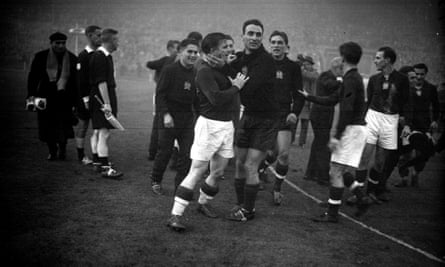
English football believed itself supreme. But on 25 November 1953, the Hungary of Ferenc Puskás, József Bozsik and Sándor Kocsis came to the Empire Stadium, as Wembley was still known, and, playing what their manager Gusztáv Sebes described as “socialist football”, won 6-3, the first home defeat England had ever suffered to continental European opposition. Previous setbacks could be written off as a result of the heat, the pitch or dubious foreign cuisine; this was a humiliation on Cumberland turf on a misty November afternoon, the very conditions in which football was designed to be played. And 6-3 flattered England; they were outplayed from start to finish. “Twilight of the Gods” said the headline in both the Mirror and the Telegraph the following day.
England couldn’t cope with the intermovement of the Hungarian forwards around the deep-lying centre-forward Nándor Hidegkuti. The following May they still hadn’t worked out a plan and lost 7-1 in Budapest. But the introspection those games provoked the revolution led by Alf Ramsey, right-back in the Wembley game, and the World Cup win of 1966. Hungary, meanwhile, lost in the 1954 World Cup final, their only defeat in 51 games, and collapsed after the 1956 uprising.
-
This is an extract from Soccer with Jonathan Wilson, a weekly look from the Guardian US at the game in Europe and beyond. Subscribe for free here. Have a question for Jonathan? Email [email protected], and he’ll answer the best in a future edition

 2 months ago
49
2 months ago
49


